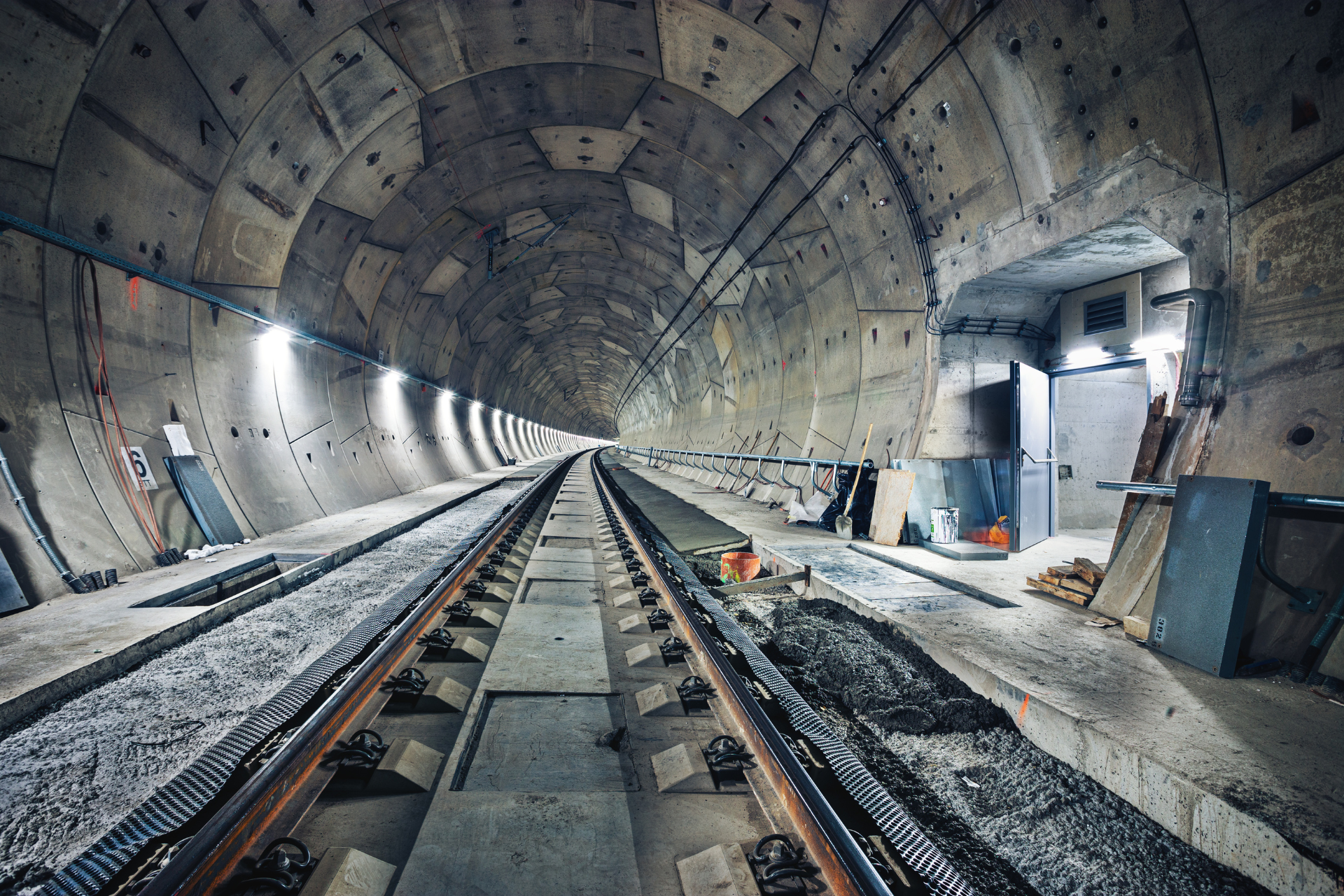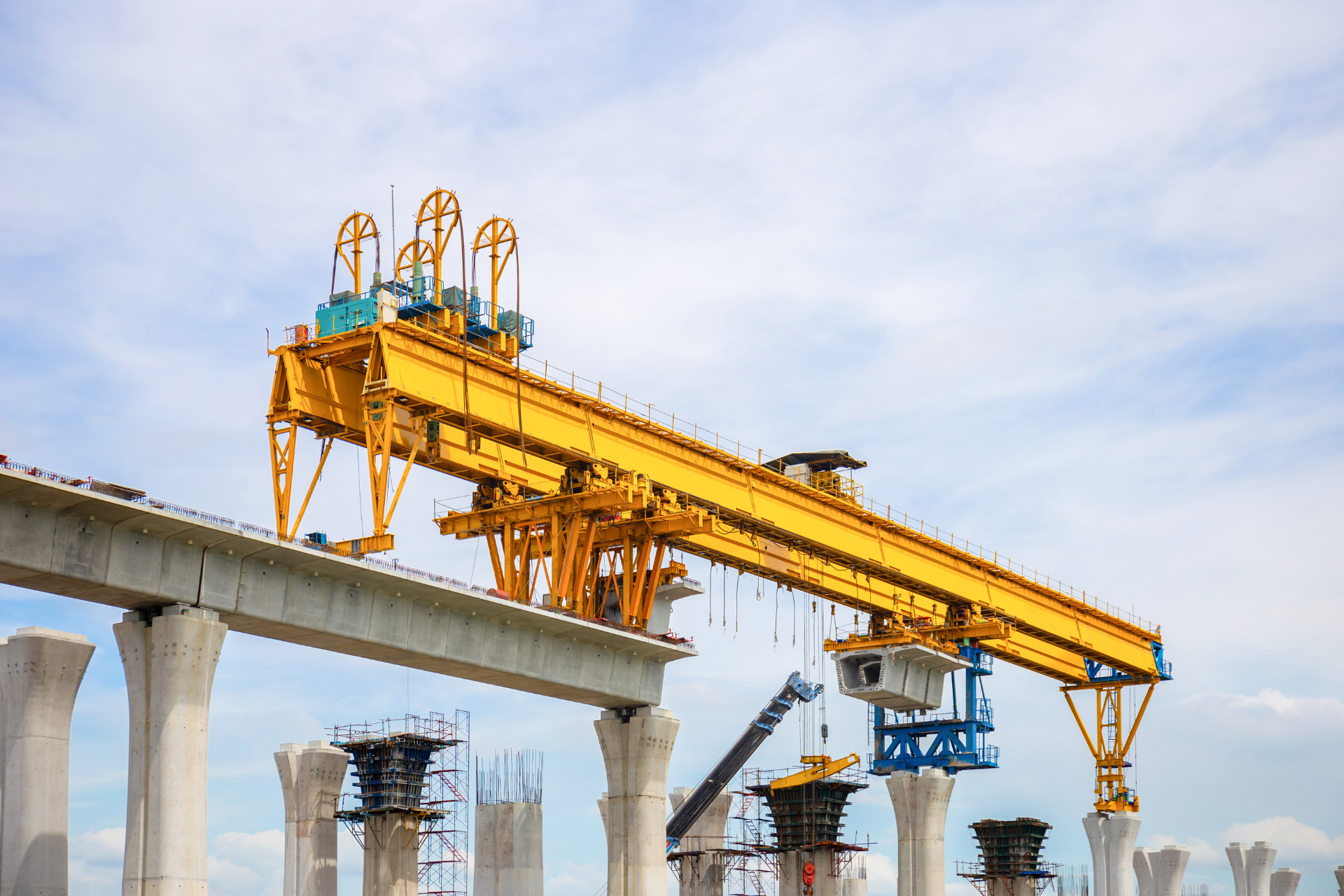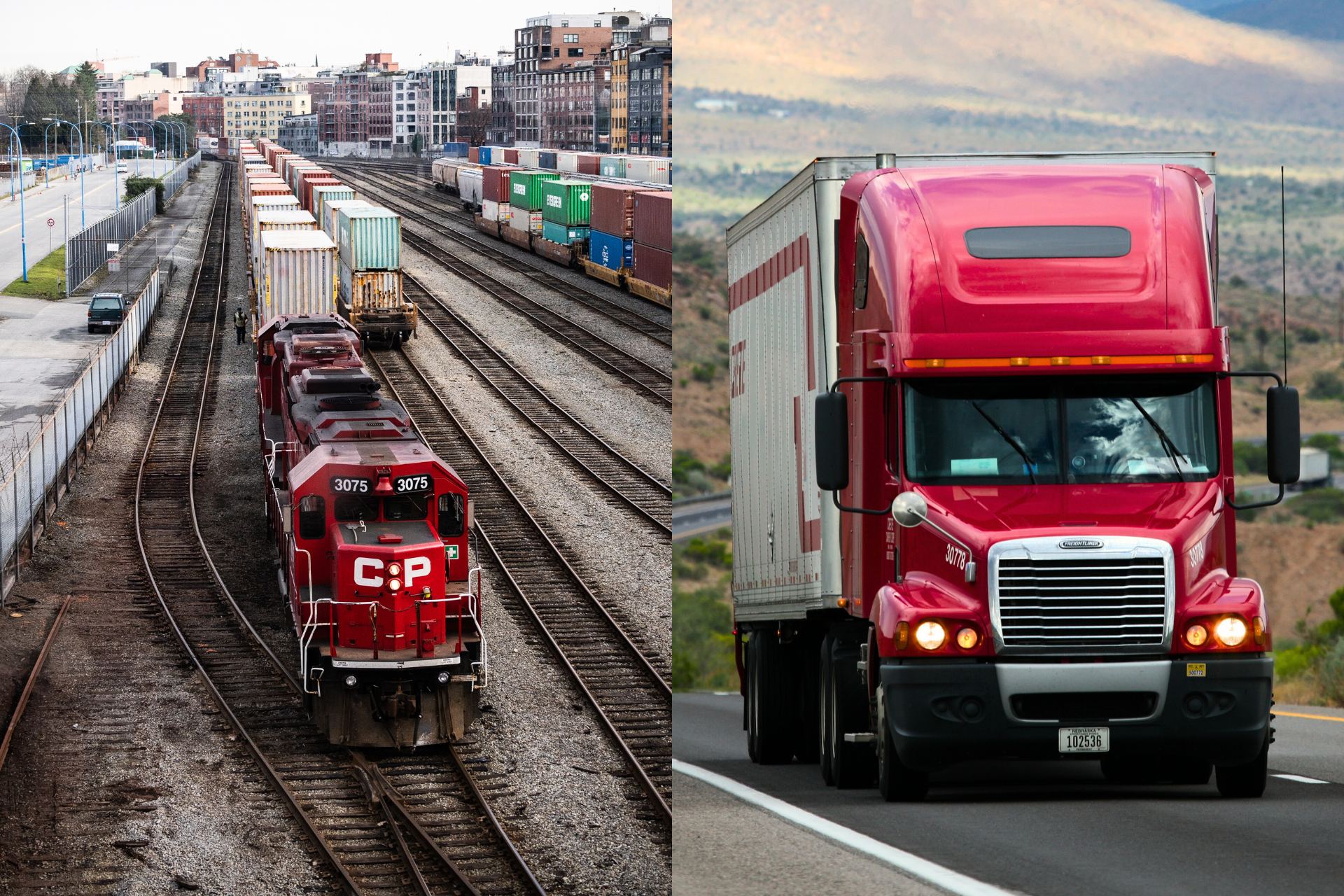Why Culture and Leadership Matter on Infrastructure Projects

As infrastructure projects grow in scale, complexity and scrutiny, the technical deliverables, while crucial, are no longer the sole markers of success. Increasingly, industry leaders are recognising that a project's success hinges just as much on its internal culture as it does on design specifications, environmental compliance or budget control. Indeed, from the rail corridors of the North to major utilities upgrades in the South, a quiet revolution is underway: one where leadership, communication and team cohesion are becoming the differentiators between projects that flounder and those that flourish.
Culture, often dismissed as intangible, is in fact deeply operational. It shapes how teams respond under pressure, how risk is communicated, and how problems are escalated or solved. On high-pressure infrastructure programmes (particularly those involving multi-tiered contractors, dispersed workforces and politically sensitive deadlines) poor culture can quietly undermine progress, leading to avoidable rework, safety lapses or project drift. In contrast, strong cultures create alignment across disciplines, encourage professional pride, and empower teams to anticipate challenges rather than merely react to them.
Leadership plays a critical role in fostering such cultures, yet effective leadership in this context demands more than technical competence or hierarchical authority. It requires emotional intelligence, clarity of purpose, and a collaborative mindset that bridges the divide between frontline delivery and strategic oversight. When leaders take the time to be visible, to listen deeply, and to model behaviours such as accountability and openness, they set a tone that ripples throughout the supply chain. This is especially important on long-duration projects where team turnover is inevitable; a resilient culture ensures continuity even as individuals change.
Moreover, in an environment marked by increasing regulatory scrutiny and public expectations, trust (internally and externally) has never been more valuable. Teams that feel heard, supported and fairly treated are more likely to escalate issues early, report near-misses, and remain committed during periods of disruption or change. For clients and contractors alike, investing in leadership development, team-building, and structured feedback loops is not an indulgence; it is a safeguard against stagnation, fragmentation, and costly reputational damage.
The infrastructure sector is often measured by its outputs, kilometres of track laid, substations connected, carbon savings achieved. But in the years ahead, it will also be measured by its ability to nurture workforces that are skilled, motivated, and able to collaborate across boundaries. If the goal is not simply to build but to build better, then culture and leadership must move from the periphery of project planning to its core.
At Deploy, we understand that infrastructure excellence relies not just on technical capability, but on the strength, resilience, and alignment of the people behind it. That’s why we partner with organisations across rail, utilities, and engineering to provide not only talent, but tailored recruitment solutions that help foster high-performing teams. Whether you’re scaling up for a complex project or strengthening your leadership pipeline, our specialist consultants are here to support your long-term success. Get in touch to explore how Deploy can help you build the workforce to match your ambition.





